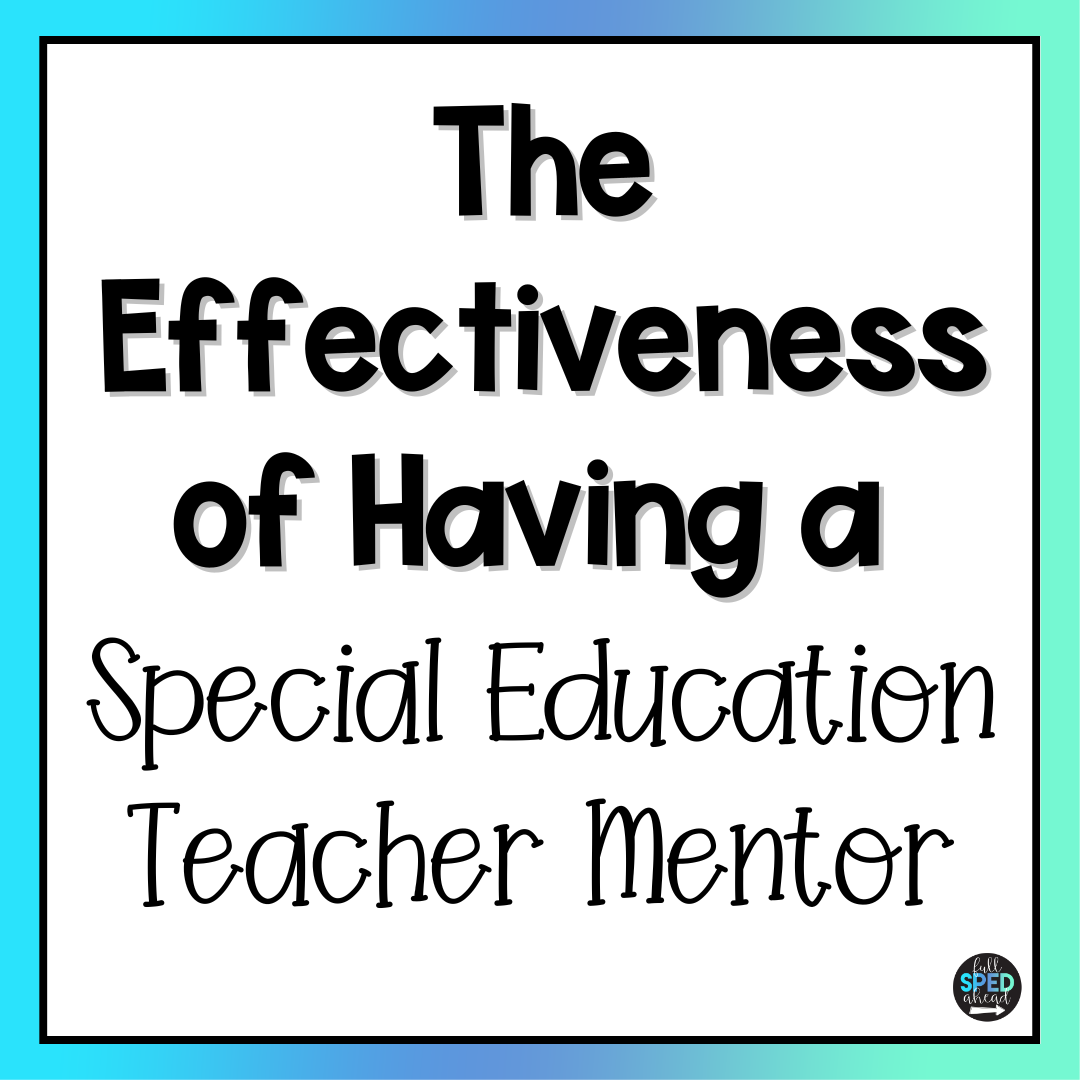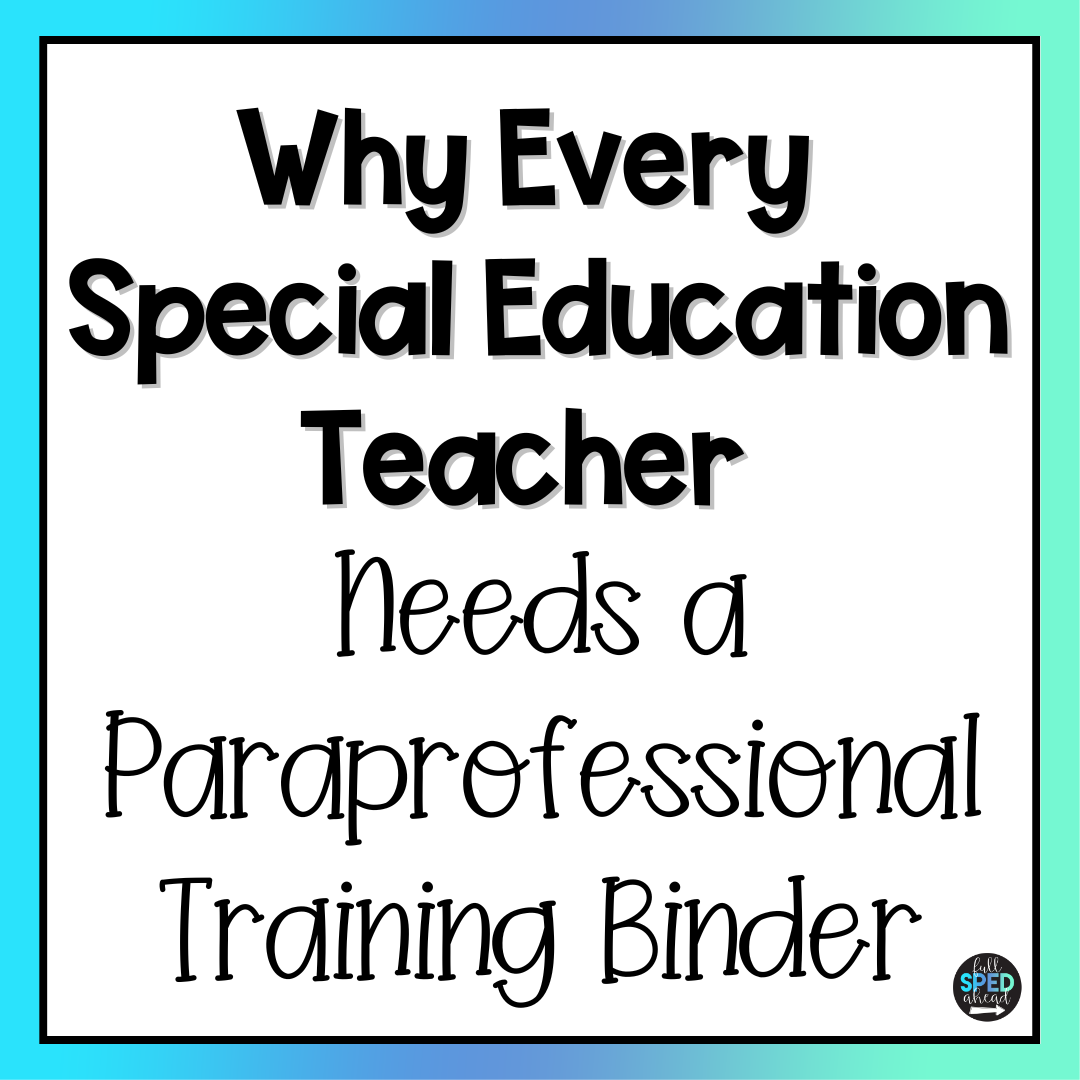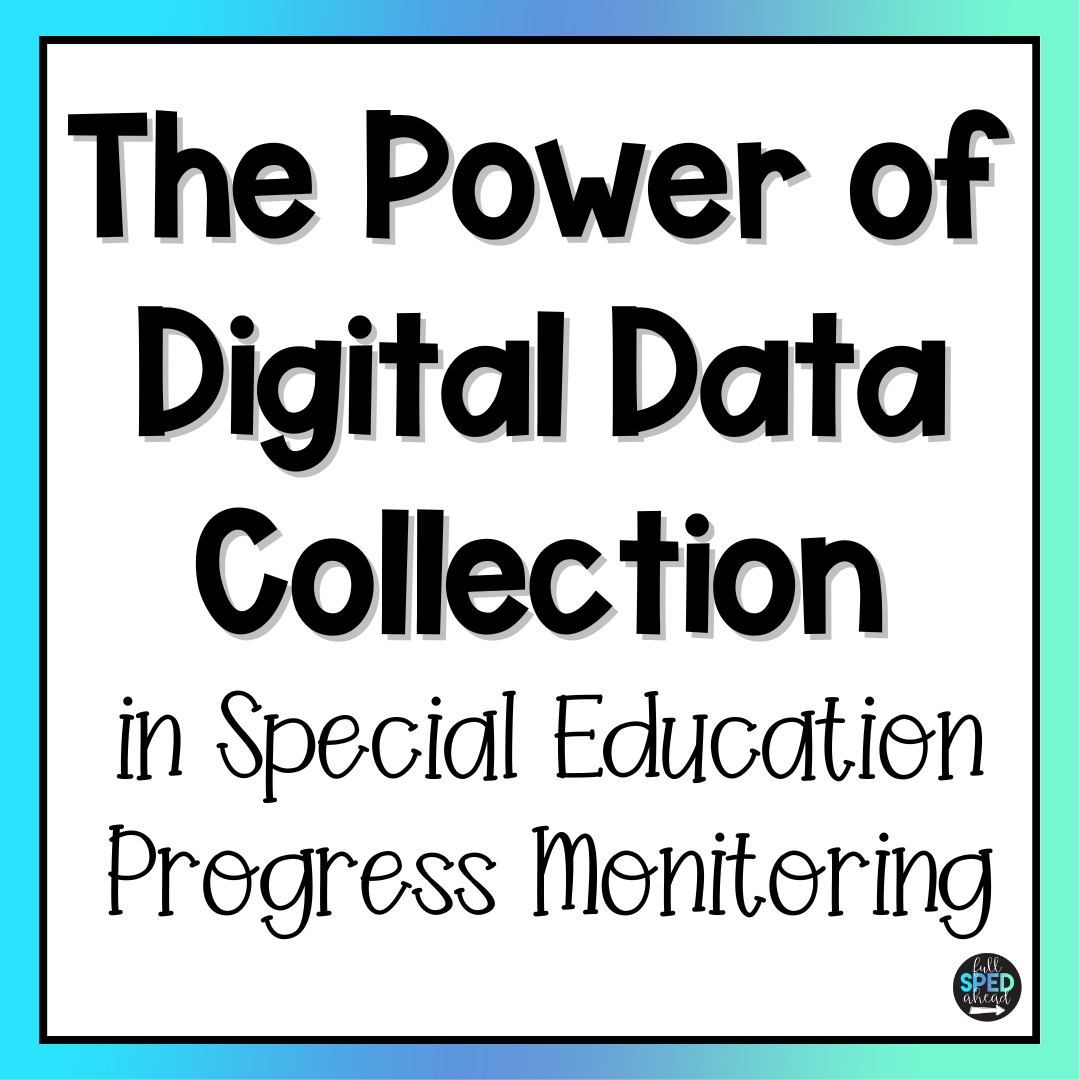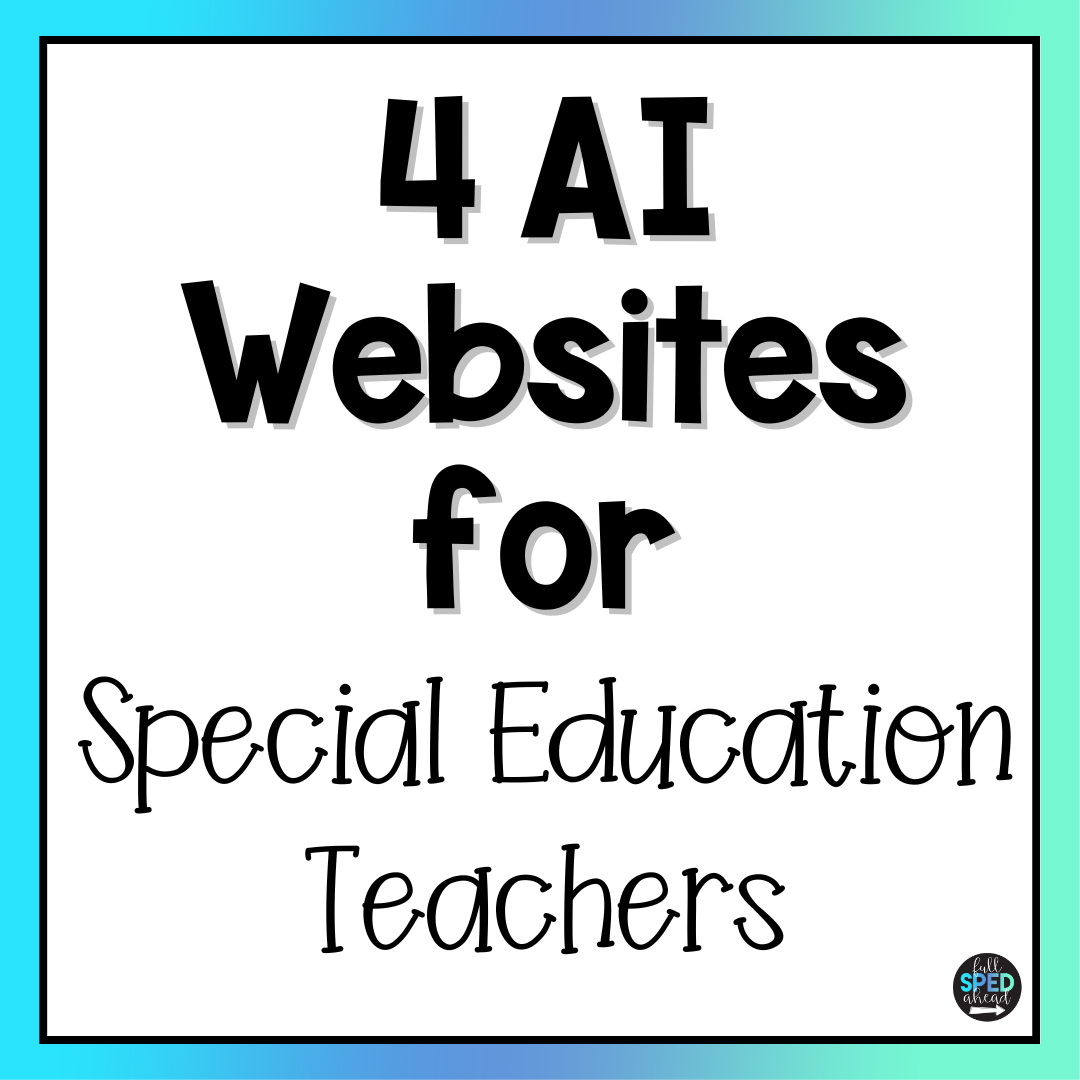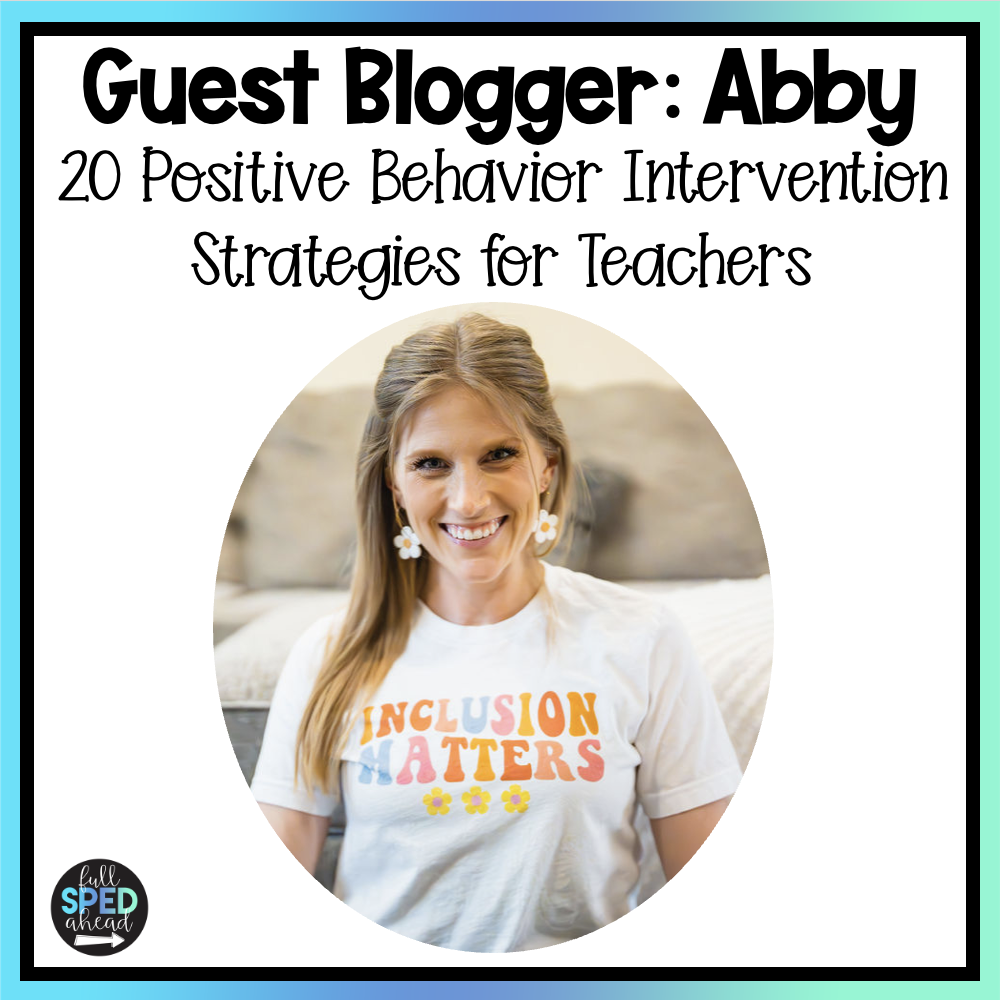In this blog post, from Abby from Mrs. Moe’s Modifications, we’re diving into 20 tried-and-true positive behavior intervention strategies that will help you create a positive, productive learning environment. These behavior intervention strategies and techniques aren’t just theoretical—they’re practical, easy to implement, and designed to make your life as a teacher a little easier. So, if you’ve ever felt overwhelmed by challenging behaviors or just want to refresh your approach, you’re in the right place. Let’s equip you with the tools you need to turn your classroom into a space where learning and respect thrive.
